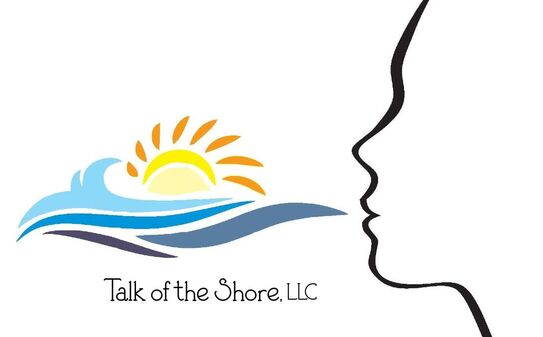Expressive Language
Some children have problems talking, also called expressive language. They may have trouble:
Some children have problems talking, also called expressive language. They may have trouble:
- Using gestures
- Naming objects and actions
- Asking questions
- Putting words together for phrases
- Learning songs and rhymes
- Using correct pronouns, like "she" or "they"
Receptive Language
Some children have problems with understanding, also called receptive language. They may have trouble:
Some children have problems with understanding, also called receptive language. They may have trouble:
- Understanding what gestures mean
- Following directions
- Answering questions
- Identifying objects and pictures
- Sound discrimination
- language processing
- memory and organization
Articulation and Phonological Disorders
Most children make some mistakes as they learn to say new words. A speech sound disorder occurs when mistakes continue past a certain age. Every sound has a different range of ages when the child should make the sound correctly. Speech sound disorders include problems with articulation (making sounds) and phonological processes (sound patterns).
Childhood Apraxia of Speech (CAS) is a motor speech disorder. Children with CAS have problems saying sounds, syllables, and words. This is not because of muscle weakness or paralysis. The brain has problems planning to move the body parts (e.g., lips, jaw, tongue) needed for speech. The child knows what he or she wants to say, but his/her brain has difficulty coordinating the muscle movements necessary to say those words. Children with CAS are often extremely difficult to understand. CAS is often confused with other speech sound disorders and can only be diagnosed by a Speech Language Pathologist.
Stuttering
Stuttering is a communication disorder in which the flow of speech is broken by repetitions (li-li-like this), prolongations (lllllike this), additions (um,um,um) or abnormal stops (no sound) of sounds and syllables. There may also be unusual facial and body movements associated with the effort to speak.
Tongue Thrust
Tongue Thrust occurs when the tongue protrudes out of the mouth or forcefully against the back of the front teeth when swallowing or talking. Children with a tongue thrust often present with errors on certain sounds when they speak.
Pragmatic Language Deficits
Deficits in social skills, also called pragmatic language, are typically associated with Social Language Disorders and Autism Spectrum Disorders. Your child may have problems using social skills to connect with other people. It may be hard to
Feeding aversion or difficulties
Most children make some mistakes as they learn to say new words. A speech sound disorder occurs when mistakes continue past a certain age. Every sound has a different range of ages when the child should make the sound correctly. Speech sound disorders include problems with articulation (making sounds) and phonological processes (sound patterns).
Childhood Apraxia of Speech (CAS) is a motor speech disorder. Children with CAS have problems saying sounds, syllables, and words. This is not because of muscle weakness or paralysis. The brain has problems planning to move the body parts (e.g., lips, jaw, tongue) needed for speech. The child knows what he or she wants to say, but his/her brain has difficulty coordinating the muscle movements necessary to say those words. Children with CAS are often extremely difficult to understand. CAS is often confused with other speech sound disorders and can only be diagnosed by a Speech Language Pathologist.
Stuttering
Stuttering is a communication disorder in which the flow of speech is broken by repetitions (li-li-like this), prolongations (lllllike this), additions (um,um,um) or abnormal stops (no sound) of sounds and syllables. There may also be unusual facial and body movements associated with the effort to speak.
Tongue Thrust
Tongue Thrust occurs when the tongue protrudes out of the mouth or forcefully against the back of the front teeth when swallowing or talking. Children with a tongue thrust often present with errors on certain sounds when they speak.
Pragmatic Language Deficits
Deficits in social skills, also called pragmatic language, are typically associated with Social Language Disorders and Autism Spectrum Disorders. Your child may have problems using social skills to connect with other people. It may be hard to
- share a common focus with another person about the same object or event-known as joint attention
- take turns when talking with others
- play with others and share toys
- understand feelings
- socially interact with others
- know how to start a conversation and keep it going
- understand other's points of view
Feeding aversion or difficulties
- refusing to try foods
- gagging and vomiting
- difficulty biting/chewing
- trouble swallowing

